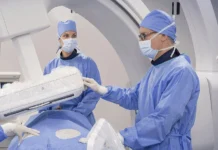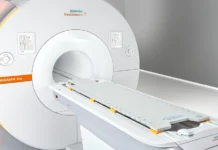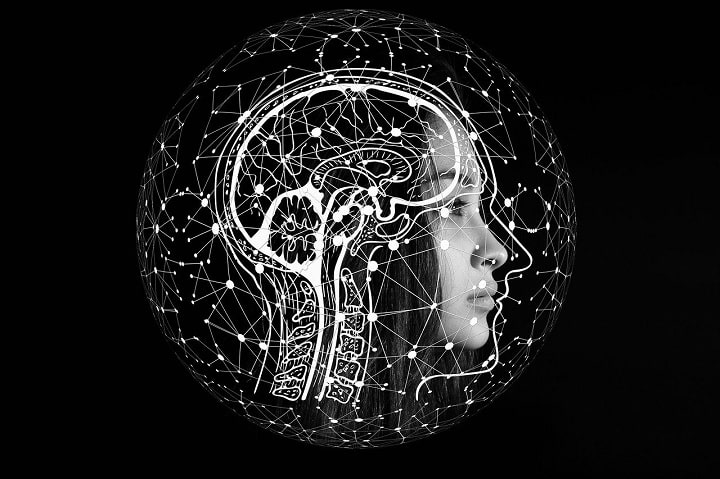Artificial intelligence has been making waves in various industries, and healthcare is no exception. Many believe that AI can be used to improve patient care, make the diagnosis process more efficient, and even help reduce costs. In this blog post, we will take a closer look at the role of AI in healthcare and discuss its potential benefits. Stay tuned!
What is AI?
Artificial intelligence (AI) can be defined as the ability of computers to perform tasks that ordinarily require human intelligence, such as visual perception, natural language understanding, and decision making. One of the main concerns is “ How much does AI cost? “ and “ What are the benefits of AI in Healthcare? AI is being used or developed for a variety of purposes, including disease diagnosis, treatment recommendations, patient monitoring, and drug development.
The Price of AI
The price of AI technology has been declining steadily over the past few years, making it more accessible to healthcare organizations. However, there are still some challenges that need to be addressed, such as the lack of data and the need for more training data. In addition, there is a need for more AI experts who can develop and deploy these systems.
The Benefits of AI in Healthcare
One of the potential benefits of AI in healthcare is that it can help to improve patient care. For example, by using AI-powered chatbots, patients can receive 24/hour access to medical advice and support. Additionally, AI can be used to monitor patients’ vital signs and provide early warnings of potential health problems. Another benefit of AI is that it has the potential to make the diagnosis process more efficient. For instance, by using machine learning algorithms, doctors can sift through large amounts of data more quickly and identify patterns that might otherwise be missed. Additionally, AI can be used to develop new treatments for diseases. For example, Google’s DeepMind Health is using AI to develop new methods for early detection of breast cancer.
What Are The Risks Of AI In Healthcare?
Like any new technology, AI in healthcare also has its risks. One of the main concerns is that AI might lead to the development of “superbugs” – bacteria that are resistant to all known antibiotics. These superbugs are a major threat to global health, and AI could potentially make them more difficult to detect and treat. Additionally, there is a risk that AI might be used to exploit patient data. For example, if a hospital uses AI to identify which patients are more likely to develop certain diseases, insurance companies could use this information to raise premiums or deny coverage. Another worry is that AI-based systems might make errors in diagnosis and treatment recommendations. For instance, if a machine learning algorithm is trained on data from a biased sample, it might make inaccurate predictions. Finally, there is a risk that AI might be used to replace human doctors and nurses. While this might improve efficiency and cost-effectiveness, it could also lead to a loss of human connection and empathy in the healthcare setting. However, it is important to note that AI is still in its early stages of development and its potential risks are not yet fully known.
Is AI Valuable in Healthcare?
The potential value of AI in healthcare is vast. By providing doctors with more accurate and faster diagnosis, AI can help to improve patient care. This can be done by providing early warnings of potential health problems and by developing new treatments for diseases. In addition, AI-based decision support tools can assist doctors in making treatment recommendations. Imagine a future where your doctor is able to catch a disease in its early stages, before it has a chance to cause serious harm. This is the power of AI in healthcare. Moreover, AI can be used to develop new drugs and personalized treatments based on a patient’s individual genetic profile. This means that AI has the potential to greatly improve patient outcomes and quality of life. However, it is important to remember that AI is still in its early stages of development and its potential risks are not yet fully known. In the future, AI might become an indispensable tool in healthcare, but for now, we need to be cautious and monitor its development closely.
How Can We Improve AI In Healthcare?
There are a few ways we can improve AI in healthcare. First, we need to develop better algorithms that can more accurately identify patterns in data. Second, we need to increase the amount of data that is available to train AI systems. Third, we need to create better ways to evaluate and assess AI-based decision support tools. Another thing that can be done is to create a more diverse set of AI experts. Currently, the majority of AI experts are white and male. By increasing diversity, we can bring in different perspectives and ideas that can help to improve AI in healthcare. Finally, we need to ensure that AI systems are developed with transparency and accountability in mind. This means that AI systems should be designed in a way that allows for explainability and audit ability. For instance, Google’s DeepMind Health has developed an AI platform called Verifiable Data Audit (VDA), which allows for the audit and verification of data used by AI systems.
AI has the potential to revolutionize healthcare. By providing more accurate and faster diagnosis, AI can help to improve patient care. In addition, AI-based decision support tools can assist doctors in making treatment recommendations. Moreover, AI can be used to develop new drugs and personalized treatments based on a patient’s individual genetic profile. However, there are also risks associated with AI in healthcare. One of the main concerns is that AI might lead to the development of “superbugs” – bacteria that are resistant to all known antibiotics. Another worry is that AI-based systems might make errors in diagnosis and treatment recommendations. However, it is important to note that AI is still in its early stages of development and its potential risks are not yet fully known.


















